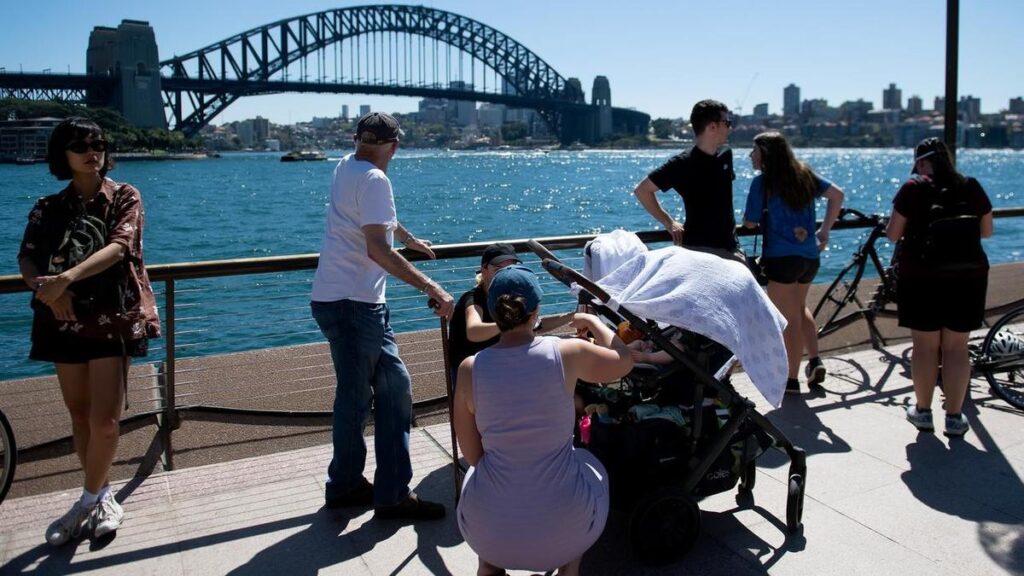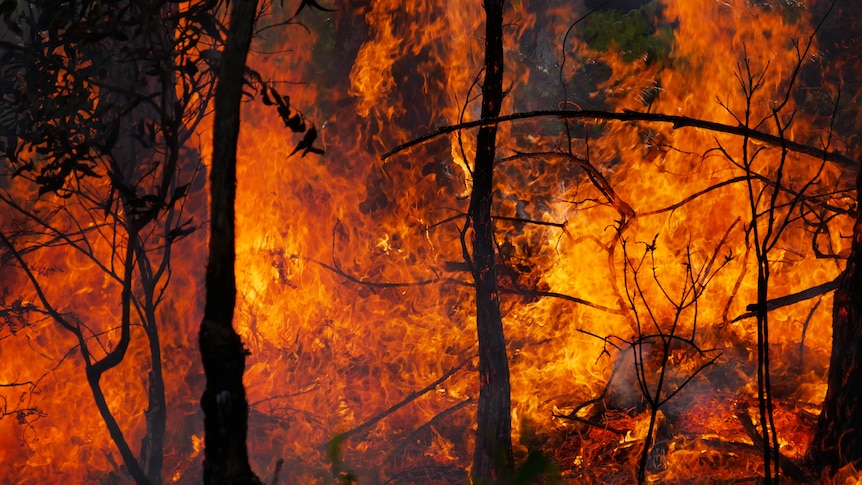
UPDATE: As extreme heat intensifies across Sydney, experts are raising urgent concerns about the increasing burden on vulnerable populations. At the Sweltering Cities Gender & Heat Community Symposium on October 20, 2023, Estelle Grech from the Committee for Sydney highlighted the severe challenges faced by mothers navigating hot streets with children in tow. “It makes it so much harder than it should be,” Grech stated, urging for increased crossing times to enhance safety and dignity for all pedestrians.
The escalating heat crisis is becoming a pressing public health issue, with a recent national climate risk assessment projecting a staggering 444 percent increase in heat-related deaths in Sydney under a 3C rise in global temperatures. Western Sydney, often hitting summer temperatures approaching 50C, is particularly affected, with a lack of adequate cooling spaces and infrastructure compounding the risks for its residents.
Social researcher Rebecca Huntley emphasized the urgent need to address heat stress, stating that many Australians underestimate the severity of temperatures in certain regions. Huntley shared her own ordeal of living in a poorly insulated rental, incurring a shocking $1,500 energy bill over three months while battling extreme heat. “There’s so much more we can do in that area,” she stressed, revealing the harsh realities many families face in inadequate housing.
The implications of extreme heat extend beyond individual households. Care professions, predominantly consisting of women, are significantly impacted as hot, humid conditions disrupt outdoor activities essential for aged care and childcare workers. This not only affects their work routines but also exacerbates existing health issues within the community, placing additional strain on healthcare providers.
Emma Bacon, executive director of Sweltering Cities, confirmed that women in Sydney’s Western suburbs are voicing urgent concerns about the direct effects of rising temperatures on their health and families. “They’re worried about their family members and their communities,” Bacon stated, highlighting the need for immediate action as community members grapple with the psychological toll of extreme heat.
With heatwaves becoming increasingly frequent and severe, the call for improved infrastructure, such as shaded bus stops and green spaces, is more critical than ever. Authorities must act swiftly to protect the most vulnerable populations from the deadly impacts of climate change.
As this situation develops, residents are urged to stay informed and advocate for necessary changes to ensure their safety and well-being during extreme weather events. The struggle against rising temperatures is ongoing, and immediate community action may help alleviate the growing crisis.






